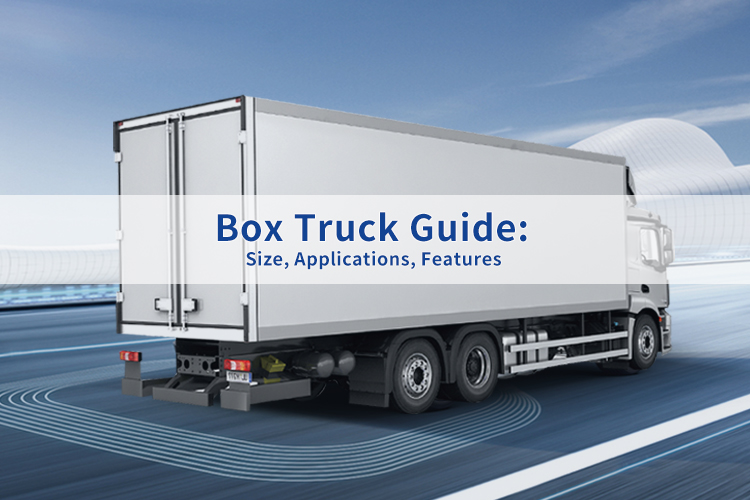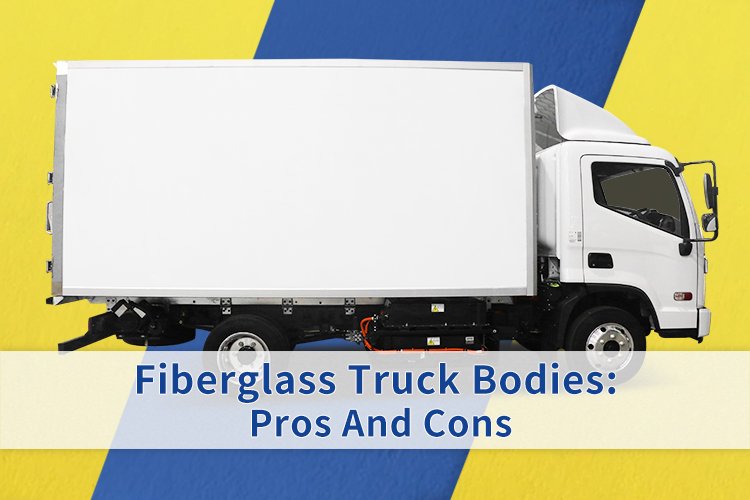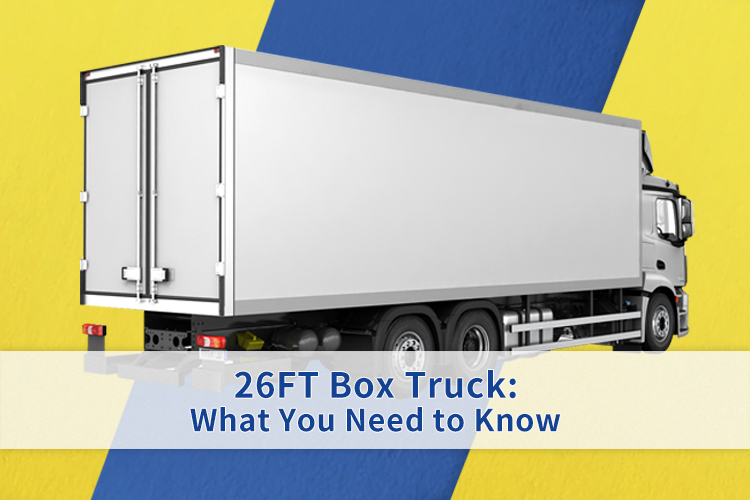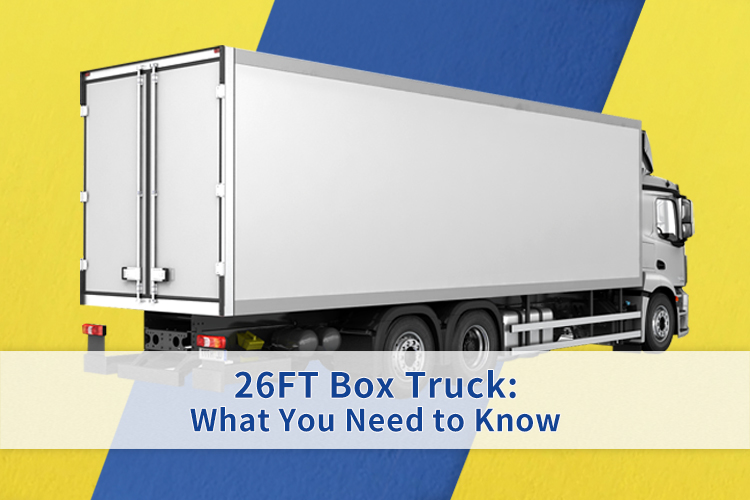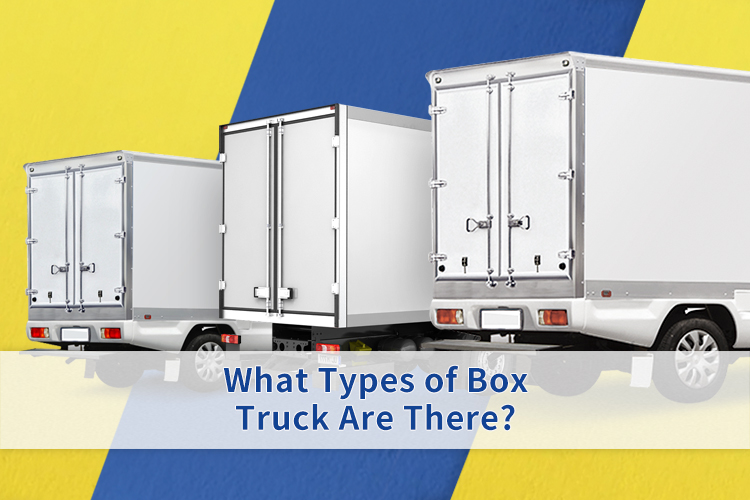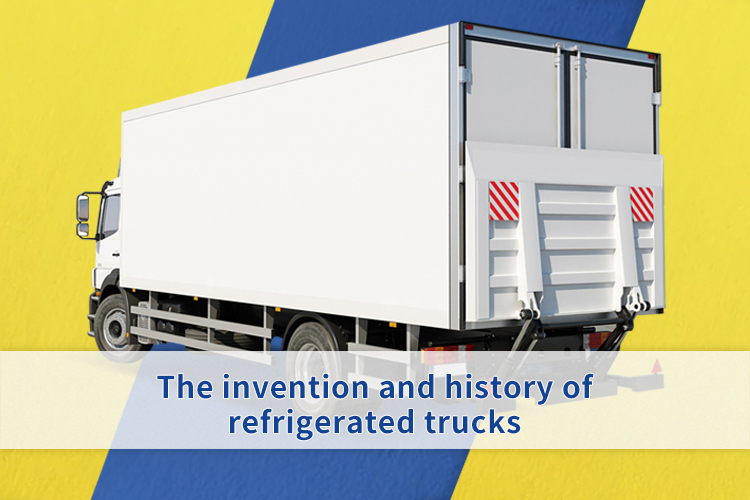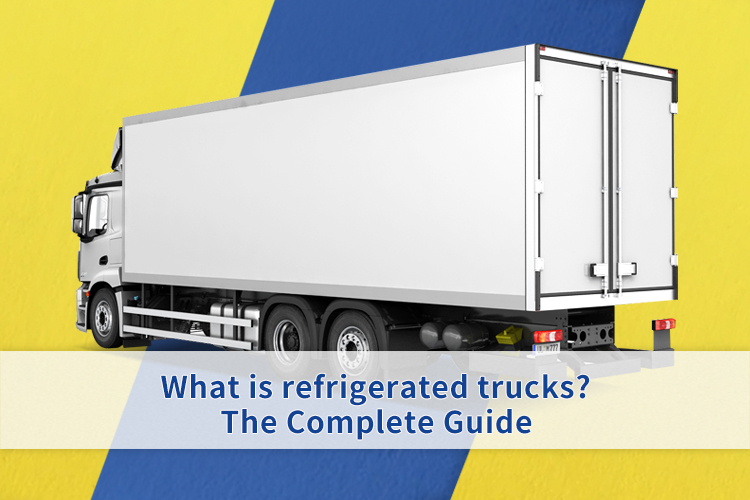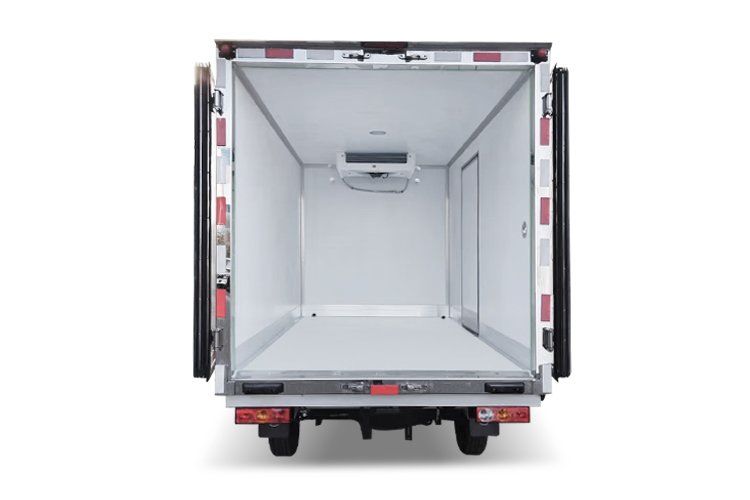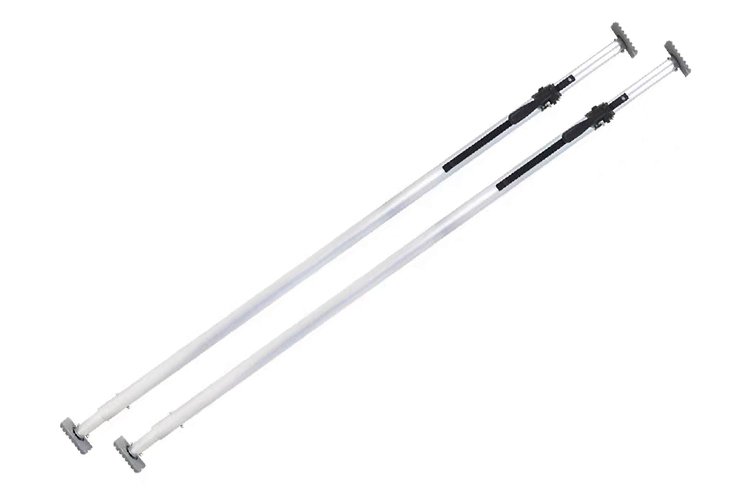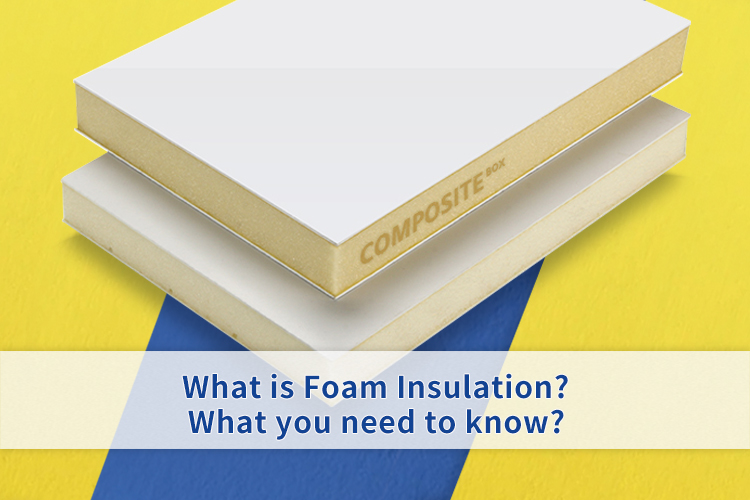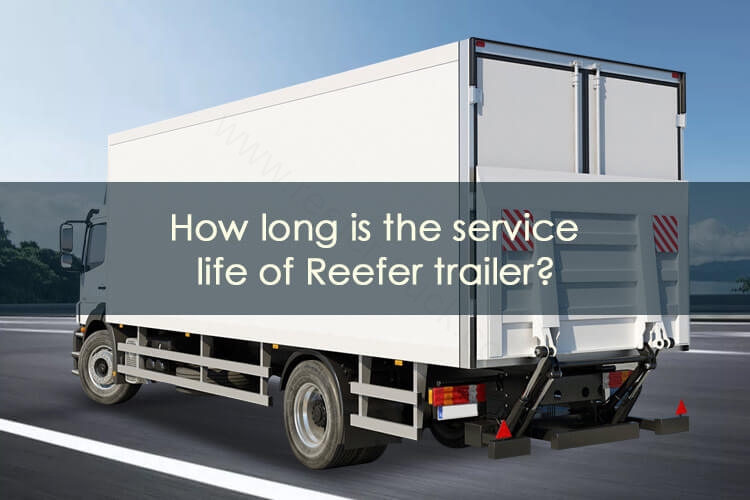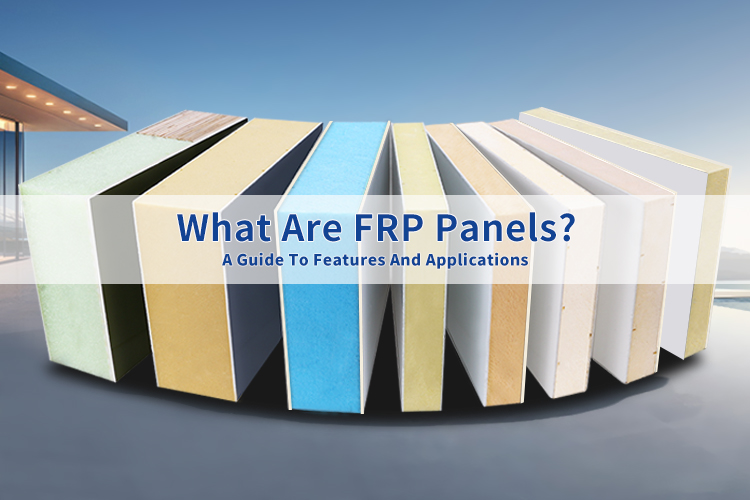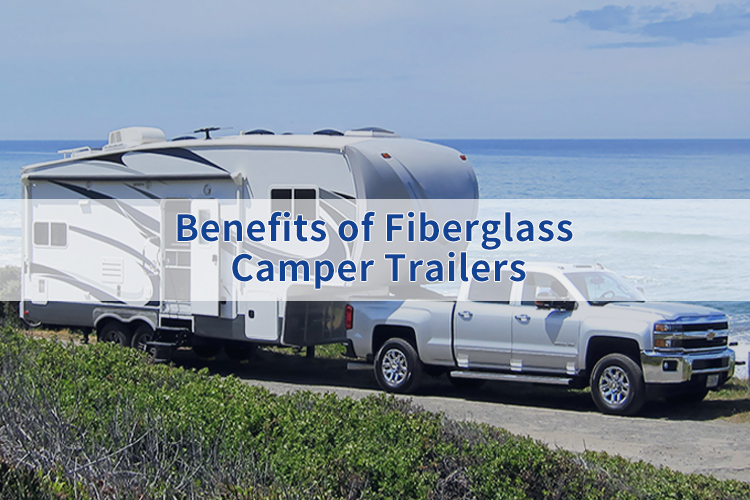Box Truck Guide: Size, Applications, Features
What is a box truck?
A box truck is an important part of logistics and transport and is also known as a straight truck. It has a rectangular appearance that allows for maximum truck space and can have maximum storage space. It can be used for both short and long-distance transport
With its versatility and division into multiple uses, the box truck is one of the indispensable trucks for businesses, moving and logistics. Similarly, box trucks are classified into different types, definitions and functions and are used for different purposes.
After reading this article, you will be able to have a clear understanding of box trucks and it will be beneficial for you to shop for them.
Characteristics of box trucks?
Lightweight box body:
Current box bodies mainly use fiberglass foam panels as the panels of the box body, which can greatly reduce the weight and have insulating properties that can enhance the transport efficiency of the van.
Variety of sizes:
Box trucks come in a wide variety of sizes to meet different loads and transport needs. Companies can choose from light box trucks, medium box trucks, heavy box trucks, and even full-trailer box trucks.
Length: 3~12 metres
Thickness: 20~50mm
Height: 2 to 2.6 metres
We composite box can customise your box body in different sizes and use fiberglass composite material to enhance the transport efficiency of your business. So that the efficiency of the company grows.
Totally enclosed trucks.
Totally enclosed trucks, which can transport most kinds of goods, can be protected from outside temperature, humidity and other factors, as well as preventing dust and all kinds of things from entering into the body, can keep the interior dry, and prevent theft. And it has a great cargo capacity.
The use of fully enclosed trucks can be protected from all kinds of external factors, making the trucks safer, reducing cargo damage, and protecting them from natural disasters and bad weather.
Economical:
Choosing different sizes and types of lorries according to different freight needs can improve economic efficiency, light lorries can improve transport time and reduce costs. Heavy duty trucks can be chosen for large volumes of cargo to maximise fuel efficiency and have lower costs.
Customisation options:
When a business buys a box truck, various features can be added according to the actual needs, and different tailgates can be chosen in order to make it easier when loading and unloading.On the inside, E-tracks, shelves, and waterproof floors can be fitted. For example, you can choose more configurations at the rear and front doors, and in the case of refrigerated vans, you can choose refrigeration units and so on.
- Pull-out ramp
- Diamond shaped floor, T-shaped waterproof subfloor
- E-track lateral and longitudinal fixings
- Side doors, rear doors, flush & roll-up doors
- LED lights, refrigeration units.
Box truck customisation allows for the maximisation of demand and can be modified and tailored to the features required by the business. It can make freight operations unfold better, faster, more convenient and easier.
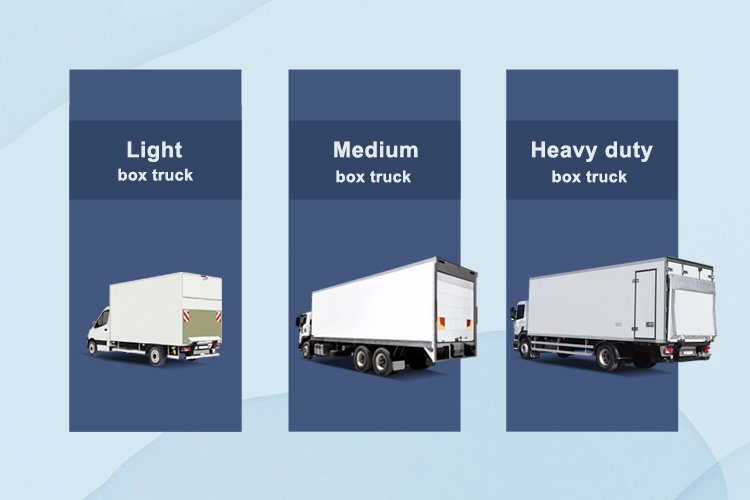
What are the uses of a Box truck?
Box trucks have a wide range of uses and can be used to transport food, fresh fruit and vegetables, electronics, consumer goods and palletised goods. Apart from the difference in dimensions box trucks can be divided into various types which are capable of transporting different products. Therefore, box trucks can be classified into various types of box trucks.
Reefer trucks:
Reefer trucks are equipped with refrigeration units and use FRP insulation panels, which have excellent heat preservation and insulation features and can transport perishable products, fresh fruits and vegetables, flowers, ice cream and other goods that need to be refrigerated.
Moving Truck:
Mainly used for moving household goods, such as sofas, cabinets, beds, household appliances, etc., usually with different differences in size.
Delivery Trucks:
Mainly used for home delivery lorries, usually used for couriers, chain shop deliveries, parcel items etc., smaller in size and therefore lighter.
Building materials lorries:
These lorries specialise in transporting heavy products such as building materials, timber, pipes, cement etc and have the advantage of a high load capacity and strong power to get the job done efficiently.
Dry freight trucks:
Dry freight box trucks are mainly used for transporting products that do not require refrigeration, products that do not require high temperature and humidity, goods that only need to be in a closed environment, and can transport most of consumer goods, electronic products, etc.
Portable Toilets: The box truck can also be used to produce portable toilets for use at rallies and large events.
Multi-purpose box truck:
Can be used to transform into media trucks, communication box trucks, mobile libraries, etc. The versatility of the box truck makes it widely used across the globe.
Flatbed van truck:
Flatbed box trucks have no sides and no roof, and the cargo area is flat, so they can be quickly loaded and unloaded in any position, and they can transport large mechanical products and irregularly shaped products, which makes them very practical in the transport industry.
What are the box truck sizes?
Box trucks come in a variety of sizes to accommodate different cargo capacities and different needs. With a gross weight of 10,000 to 26,000 pounds, they can transport light to large trucks. The main categories are light-duty box trucks, medium-duty box trucks, and heavy-duty box trucks.
| Vehicle Type | Size | Load Capacity | Price Range | Usage |
|---|---|---|---|---|
| Light Duty Box Trucks | Usually 3 – 4 meters | About 1.5 – 3 tons | US$30,000 – US$55,000 | Usually used for local delivery and short-distance transport |
| Medium-sized Box Trucks | Usually 5 – 9.6 meters | 4 – 10 tons | US$50,000 – US$100,000 | Suitable for transporting large quantities of products and pallets, also for moving and medium-sized equipment transport |
| Heavy Duty Box Trucks | Usually over 9.6 meters | 12 tons or more | US$120,000 – US$195,000 | Suitable for industrial transport, such as machinery and equipment, building materials and other large cargo transport |
Light Duty Box Trucks:
Lightbox trucks are usually 3-4 metres in size and can carry a load of about 1.5-3 tonnes.
The price ranges from US$30,000 to US$55,000.
Usually used for local delivery and short-distance transport, they are very light, and light body, narrow width, can be easily shuttled in the streets and alleys, and can improve the efficiency of delivery, with economy and timeliness. In many chain shops, courier companies, are very popular.
Medium-sized box truck:
Medium-sized box trucks are usually 5-9.6 metres in size and can carry a load of 4-10 tonnes.
Prices range from $50,000 to $100,000.
Suitable for transporting large quantities of products and pallets, but also for moving, medium-sized equipment transport. Carrying capacity is more than lightbox trucks, suitable for travelling on the road and also in the inner city. It is not as big as a heavy-duty truck but can have a very strong carrying capacity and transport capacity, which is the first choice of many companies. And it can balance cost and efficiency, very popular in the market.
Heavy Duty Box Trucks:
Heavy-duty vans are usually over 9.6 metres in size and can carry loads of 12 tonnes or more.
Prices range from US$120,000 to US$195,000.
Suitable for industrial transport, machinery and equipment, construction materials and other large-scale goods transport, with a wide space, strong cargo capacity, and such trucks are equipped with powerful engines, that not only can load a large number of goods, but can a variety of goods mixed, but also to achieve high efficiency of transport. It is easy to complete every long-distance intercontinental transport. Heavy-duty box truck fleets can quickly complete the task of large-scale transport of goods. So it is in a very important position.
How to choose the right box truck?
Box trucks have the benefit of being versatile, coming in a wide range of sizes, as well as having a body made of different materials. Here are a few reasons you need to consider when shopping for one:
Size: the length of the trucks generally ranges from 3 to 12 metres, and the choice should be made according to the actual number of goods to be carried, the distance to be transported, and the road to be adapted to. If you need to transport a large amount of goods on city roads, buying a medium-sized box truck is the best choice.
Raw materials: the current market vans are fibreglass, aluminium and iron. They have a big difference in price, steel is easy to rust, and the service life is not long, so it is not recommended to buy, if there is a certain demand for heat preservation performance and lightweight, you can choose fibreglass sandwich panels. FRP box truck body has more advantages. The choice of most people nowadays.
What is the difference between a box truck and a cargo van?
| Comparison | Box Truck | Cargo Van |
|---|---|---|
| Body Structure | Two-piece, with the cab and cargo compartment separated, the size ranging from 3 – 12 meters, commonly around 5 – 9 meters. | One-piece, relatively compact, mostly 4 – 6 meters. |
| Load Capacity | Light-duty: 1.5 – 3 tons, medium-duty: 4 – 10 tons, heavy-duty: ≥ 12 tons. | Usually 1 – 2 tons. |
| Application Scenarios | Logistics distribution, industrial transportation, moving. | Small commercial distribution within the city, personal transportation of small quantities of goods. |
| Maintenance Convenience | With the cab and cargo compartment separated, it is more convenient for maintenance and easier to locate problems. | One-piece structure, with a wide range of fault detection and relatively complicated maintenance. |
| Fuel Economy | Good for light-duty short trips and heavy-duty when properly scheduled. | Small body and light load, fuel-efficient in urban driving conditions. |
A box truck and a cargo van have a big difference, a box truck is a two-piece vehicle that allows you to separate the cockpit from the cargo area and is secured to the frame, it has the advantage of being able to transport more cargo and is easy to maintain. It can have a larger cargo area as well as being customisable in different sizes.
However, the cargo van is unibody with a fixed number of loads and a separation between cargo and people.
Box trucks maximise fuel economy and reduce the need to add loads where they are not necessary. The manoeuvrability is also very high.
Author introduction

Hello, customers
My name is Jack Yu and I am the Business Manager of Composite Box. I have been in the business of sandwich panels, refrigerated trucks and RVs for more than 10 years. Please feel free to contact us. I am happy to provide you with the best service and products.
Email: info@composite-box.com | Tel: 86+17280837525

